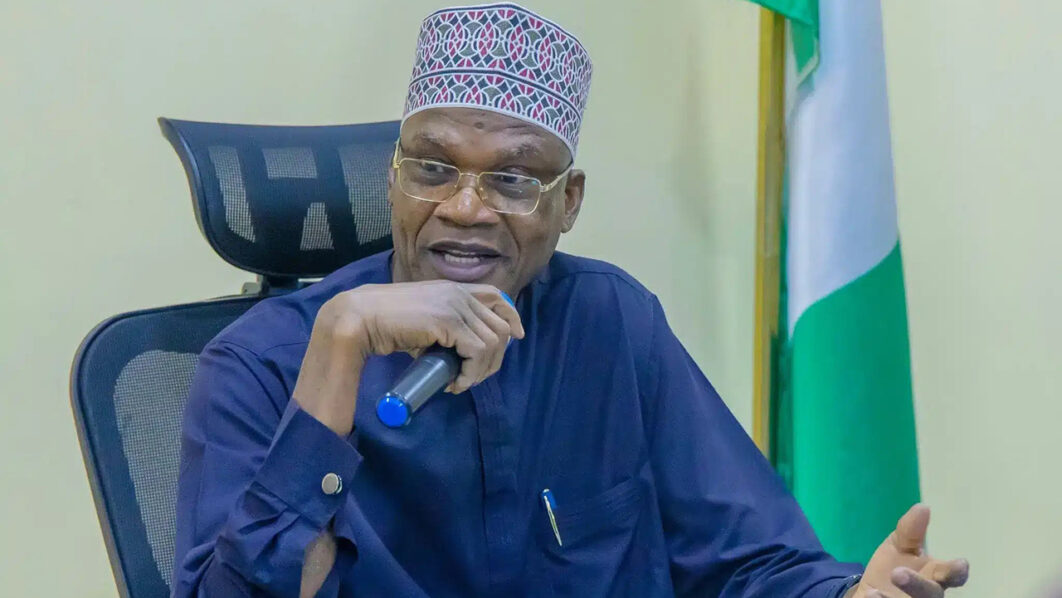
Federal Government has reversed its decision to set an 18-year age limit for admission seekers in tertiary institutions. The government had set the benchmark of tertiary education admission at 16 years.
But reversing the decision of the immediate past education minister, Prof. Tahir Mamman, the new Minister of Education, Dr Tunji Alausa, disclosed the development at his maiden press briefing in Abuja, yesterday.
The minister also sustained the suspension of accreditation and evaluation of degree certificates from universities in Benin Republic and Togo. He blamed the initial decision on the manner the National Policy on Education was designed.
Recall that Mamman announced 18 years as the entry age for tertiary institutions’ admission at the 2024 Policy Meeting of the Joint Admission and Matriculation Board (JAMB).
However, the decision did not go down well with stakeholders, as it was met with stiff rejection by vice-chancellors, rectors, provosts and other heads of institutions.
Sensing the mood of stakeholders, the former minister relaxed the 2024 admission to 18 years, insisting that the 16-year age limit would take effect from 2025.
But with Alausa’s pronouncements, the controversial policy has been abolished. He said: “Part of special needs are highly talented and gifted students. We need to create opportunities for them. We have to let them excel. These are geniuses in our society. They are the innovators of what we need. They are genetically endowed to move our general society.”
The minister also announced that the country’s education system would shift to an 80 per cent practical and 20 per cent theoretical model. He also noted that universities of agriculture would be supported to implement mechanised farming to improve food security.
Reacting in a chat with The Guardian yesterday, the Initiator, Creative Change Centre, Omole Ibukun, said the government’s reversal of the 18-year admission policy was a significant step forward in supporting exceptional young individuals who gain admission into tertiary institutions at a younger age.
A more pressing concern, Ibukun argued, is the commercialisation of education, where students and parents face the daunting choice between debt and lack of education
MEANWHILE, in a bid to reduce road crashes in the country, the Council of Education has approved the inclusion of road safety education into three subjects, namely: English, religious and cultural studies and science education.
Deputy Corps Marshal (DCM)’ training department of the Federal Road Safety Corps (FRSC), Chidiebere Benjamin, who disclosed this, yesterday, in Abuja during the FRSC management retreat and press conference, noted that the decision was taken last month at the council’s meeting.
“In the last Council of Education meeting that was held last month, the decision was taken to increase road safety education into three subjects, English, religious and cultural studies and science education,” he stated.
According to Benjamin, the education department of FRSC has commenced writing books on safety education for schools nationwide, adding that the FRSC has also started deploying corp members to take students through safety education.






